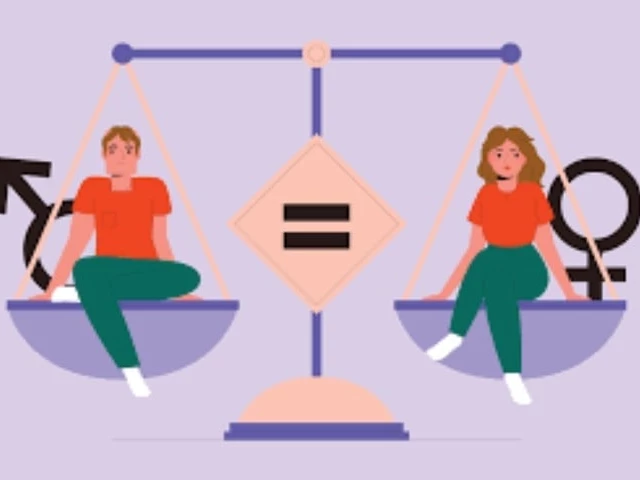Pakistan sinks to bottom of GGGI
Report says educational attainment rises by increase in female literacy rates

Pakistan hit the rock bottom in the latest Global Gender Gap Index compiled in the World Economic Forum's (WEF) Global Gender Gap Report 2025 on Thursday, with its overall parity score declining from last year's 57% to 56.7%.
The Global Gender Gap Index (GGGI) annually benchmarks the current state and evolution of gender parity in 148 countries across four key dimensions - Economic Participation and Opportunity, Educational Attainment, Health and Survival, and Political Empowerment.
This year's Global Gender Gap Report comes at a time when the world is in flux, as technological breakthroughs, geopolitical conflicts and economic uncertainties are creating unprecedented challenges as well as bringing new opportunities.
"Occupying the bottom rank of the index (148), Pakistan sees its overall parity score decline from last year's edition, from 57% to 56.7%. Overall Pakistan has closed +2.3 of its gender gap since 2006," the report said.
"However, this year's results are a second consecutive drop from the economy's best score of 57.7%, achieved in 2023. Parity in Economic Participation and Opportunity declines by 1.3 percentage points," it added.
While economic representation indicators have remained unchanged, according to the report, income disparity in Pakistan has slightly increased since the last edition (+.02 points), as has perceived wage inequality (+4 percentage points).
"The sole subindex advance registered by Pakistan in this year's edition is Educational Attainment, bumping educational parity upwards by +1.5 percentage points to reach 85.1%. Part of the shift is driven by an increase in female literacy rates (from 46.5% to 48.5%)."
The report noted that parity had also risen because male enrolment shares had dropped in tertiary education, increasing the relative balance between men and women but lowering the overall educational reach.
In economy, the report sees political parity dropping from 12.2% in 2024 to 11% in 2025. While parity in parliament increases by +1.2 percentage points, women's ministerial representation drops from 5.9% in 2024 to zero in 2025.




















COMMENTS
Comments are moderated and generally will be posted if they are on-topic and not abusive.
For more information, please see our Comments FAQ